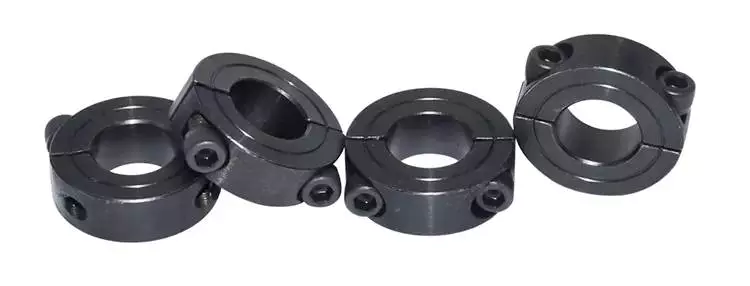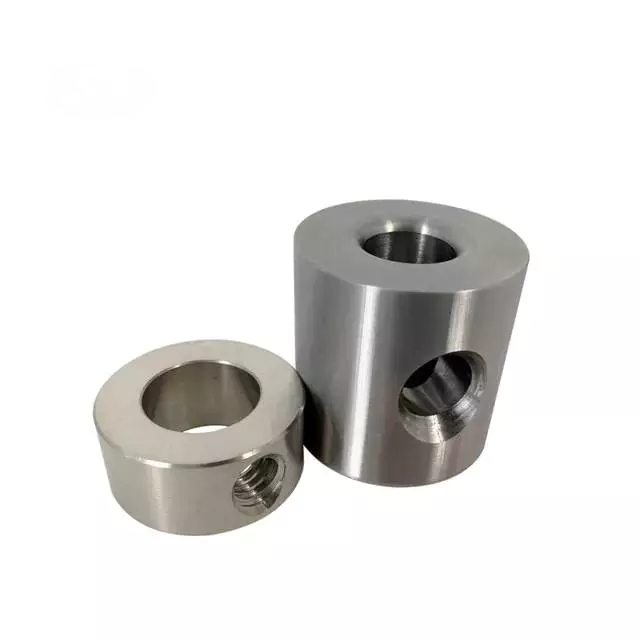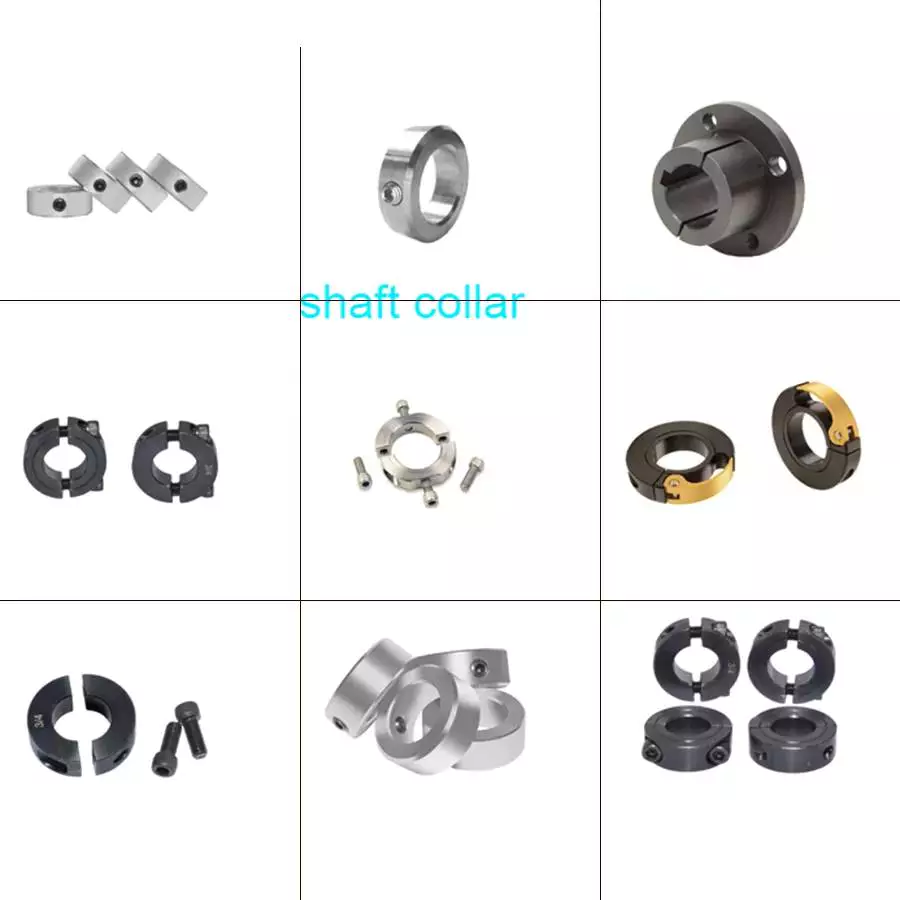Product Description
Q+T Alloy Steel Round Bar 1.7225/SAE4140 For Machinery
Product Introduction
AISI 4140 Steel Bar, Steel Plate, Flats Supplier, Stockist and Exporter. AISI SAE 4140 alloy steel is a chromium molybdenum alloy steel specification widely used in general purpose high tensile steel for components, like axles, shafts, bolts, gears and other applications. Similar to alloy grade AISI 4130 chrome moly alloy steel but with a slightly higher carbon content. The higher carbon content of AISI 4140 steel gives greater strength and heat treatment capabilities in comparison to AISI / ASTM 4130 alloy steels, however it does have inferior weldability characteristics.
Equal Grades(numbers)
| Country | USA | German | British | Japan | China | Australia |
| Standard | ASTM A29 | DIN 17200 | BS 970 | JIS G4105 | GB/T 3077 | AS 1444 |
| Grades | 4140 | 1.7225/ 42crmo4 |
42CrMo4 | SCM440 | 42CrMo | 4140 |
Chemical Composition
| Standard | Grade | C | Mn | P | S | Si | Ni | Cr | Mo |
| ASTM A29 | 4140 | 0.38-0.43 | 0.75-1.00 | 0.035 | 0.040 | 0.15-0.35 | - | 0.8-1.10 | 0.15-0.25 |
| EN 15710 | 42CrMo4/ 1.7224 |
0.38-0.45 | 0.6-0.9 | 0.035 | 0.035 | 0.4 | - | 0.9-1.2 | 0.15-0.30 |
| JIS G4105 | SCM440 | 0.38-0.43 | 0.60-0.85 | 0.03 | 0.03 | 0.15-0.35 | - | 0.9-1.2 | 0.15-0.30 |
| Mechanical Properties | Metric | Imperial |
| Tensile strength | 655 MPa | 95000 psi |
| Yield strength | 415 MPa | 65710 psi |
| Bulk modulus (typical for steel) | 140 GPa | 20300 ksi |
| Shear modulus (typical for steel) | 80 GPa | 11600 ksi |
| Elastic modulus | 190-210 GPa | 27557-3 0571 ksi |
| Poisson's ratio | 0.27-0.30 | 0.27-0.30 |
| Elongation at break (in 50 mm) | 25.70% | 25.70% |
| Hardness, Brinell | 197 | 197 |
| Hardness, Knoop (converted from Brinell hardness) | 219 | 219 |
| Hardness, Rockwell B (converted from Brinell hardness) | 92 | 92 |
| Hardness, Rockwell C (converted from Brinell hardness. Value below normal HRC range, for comparison purposes only) | 13 | 13 |
| Hardness, CZPT (converted from Brinell hardness) | 207 | 207 |
| Machinability (based on AISI 1212 as 100 machinability) | 65 | 65 |
Forging
Preheat the steel carefully, heat to 1150 oC - 1200 oC maximum, hold until temperature is uniform throughout the section.
Do not forge below 850 oC.Following forging operation the work piece should be cooled as slowly as possible.
Heat Treatment
- Annealing
Heat ASTM 4140 steels to 800 oC - 850 oC, hold until temperature is uniform throughout the section and cool in furnace. - Normalizing
Heat steel alloy 4140 to 870 oC - 900 oC, hold until temperature is uniform throughout the section, soak for 10 - 15 minutes and cool in still air. - Tempering
Re-heat 4140 grade steel to 550 oC - 700 oC as required, hold until temperature is uniform throughout the section, soak for 1 hour per 25 mm of section, and cool in still air.
Hardening
AISI alloy 4140 steel bar, plate and square can be hardened by cold working, or heating and quenching.
SAE 4140 alloy steel is usually supplied ready heat treated to hardness in 18-22 HRC. If further heat treatment is required, then heat to 840 oC - 875 oC, hold until temperature is uniform throughout the section, soak for 10 - 15 minutes per 25 mm section, and quench in oil, water, or polymer as required.
Application
ASTM alloy 4140 steel bar, flat or plate material can be used for as wide variety of applications where greater toughness and wear resistance is needed over lower carbon grades. Typical applications for 4140 tool steel uses include Components, Adapters, Arbors,strippers, holder blocks, mold bases, ejectors, back up and support tooling, fixtures, jigs, molds, cams, drill collars, Axle Shafts, Bolts, Crankshafts,stubs, couplings, reamer bodies, axles, shafting, piston rods, rams, hydraulic machinery shafts, gears, sprockets, gear racks, chain links, spindles, tool bodies, tool holders, tie rods, Connection Rods, Chuck Bodies, Collets, Conveyor Pins & Rolls, Ejector Pins, Forks, Gears, Xihu (West Lake) Dis. Rods, Hydraulic Shafts & Parts,Lathe Spindles, Logging Parts, Milling Spindles, Motor Shafts, Nuts, Pinch Bars, Pinions, Pump Shafts,boring bars,tracks, slides, wear strips or parts, forming dies, brake dies, trim dies, bolsters, machinery parts and components, etc.
Welcome customers to inquiry AISI 4140 steel bar, plate, flat steel for the 4140 steel price. We are professional supplier and exporter for more than 20 years. We offer you CZPT solution for aisi alloy 4140 steel bar.
Available Sizes in Stock
| Steel Grade | Diameter(mm) | Length(mm) | Harness(HRC) |
| SCM440/SAE4140 | 16,18,20,23,25,28,30,33,35,38,40,43,45,48,50, 55,60,65,70,75,80,85,90,95,100,110,120,130,140, 150,160,170,180,190,200,210,220,230,240,250,260, 270,280,290,300,310,320,330,340,350,360,370,380, 390,400,410,420,430,440,450 | 4000-10000 | HB160-220 |
More Picutres
Workshop
Company Profile:
HangZhou Xihu (West Lake) Dis. Steel Co., Ltd is an export company of Baogang group in south China specialized in exporting special steel, which contains Plastic Mould Steel, Hot Work Mould Steel, Cold Work Mould Steel, Alloy Steel for Mechanical, High Speed Steel, Bearing Steel, Tool Steel, Stainless Steel, Carbon Steel, etc.
We also act on behalf of exporting steels of mainly steel factories in China, including Shagang group, Xihu (West Lake) Dis. group, HangZhou group, Xihu (West Lake) Dis.te group, HangZhou and so on. We are full of 10 years export experience to the market all over the word, such as America, Germany, France, Italy, Turkey, Singapore, Thailand, Malaysia, Vietnam, ZheJiang , and middle-east.
HangZhou Xihu (West Lake) Dis. Steel Co., Ltd has rich experience and competent elites, which enable us to offer the best service after years of development. Our company equips with large-sized vertical saw machines, horizontal saw machines, milling machines, grinding machines and other advanced equipments to provide customers with cutting and other processing services. We set up strict inspection procedures, including metallographic analysis, hardness test, ultrasonic flaw detection etc., in order to meet the standards of DIN, AISI, JIS and GB to ensure their function and quality.
Our company keeps the principle of "sincerely cooperation, endless striving for perfection". We desire to establish the long-term mutual beneficial and CZPT relationship with importers all over the word.
Quality Inspection
Warehouse
Our service
We provide quality die & tool steel in stock for all industries.
Orders of any size, any length, ship fast
Provide related value-adding services :
metal cutting, sizing, machining (blanking, milling, grinding), and heat treatment.
Sawing for small or large quantities, sawing-to-size.
Excellent customer service
Contact Us
Contact us for the latest price and more details NOW!
| Type: | Alloy Steel Bar |
|---|---|
| Standard: | AISI, GB, JIS, DIN |
| Technique: | Hot Rolled |
| Application: | Structural Steel Bar |
| Surface Treatment: | Polished |
| Alloy: | Alloy |
| Samples: |
US$ 1/kg
1 kg(Min.Order) | |
|---|
| Customization: |
Available
| Customized Request |
|---|

How to Choose the Right Shaft Collar
A shaft collar is a small, inexpensive machine component that serves a variety of purposes in power transmission. It is most commonly used in gearboxes and motors. It can serve as a mechanical stop, bearing face, or locating component. Its simple design makes it easy to install. Here are some of the most common types and their functions.
Function
Shaft collars are an important part of many mechanical systems. These devices hold mechanical components on a shaft and also help mount shafts on flat surfaces. They are available in many different styles, sizes, and materials. Selecting the right shaft collar is essential in preventing damage to components. Stafford Manufacturing, a leading manufacturer of shaft collars and other related mechanical components, can help you choose the right one for your application.
There are two main types of shaft collars. The first is the Heavy Duty type. It has a larger outer diameter and wider opening. While this may seem to increase holding power, the problem with that is that it can reduce the amount of space the collar has on the shaft. On the other hand, the Thin Line type is similar, but is made with smaller outer diameters. Another type is the Threaded Bore shaft collar. These shaft collars offer exceptional axial holding power, and are designed to protect threaded shafts without causing any damage.
A shaft collar has many uses and is typically used in industrial applications. It can act as a spacer and to stop shaft movement in reciprocating applications. It can also be used to align and position parts of automation machinery.
Types
There are several different types of shaft collars. These components are critical for a variety of applications, and their design plays a large role in the performance of the resulting product. To select the most appropriate collar, designers must consider several factors, including the style, material, bore size, and geometry of the shaft. Many manufacturers provide performance data, and users can contact them for assistance.
There are many different types of shaft collars, which make it important to understand how each one works and what applications they can serve. Fortunately, shaft collars are easy to install and require little maintenance. Whether you need to secure industrial railings or position medical equipment, shaft collars are a versatile component that can be tailored to meet your needs.
One type of shaft collar is the locking collar. This type of shaft collar has a threaded end that is designed to mate with spindle bearings. They offer an increased TIR than standard shaft collars and allow for precise preload control. They also feature slots for spanner wrenches.
Sizes
Shaft collars come in a variety of sizes. You can get a small diameter shaft collar for small equipment, or a large diameter shaft collar for larger equipment. Both styles are made from solid steel, and they come in several thicknesses. You can choose between one-half inch and six-inch collars, depending on your needs.
There are no specific standards for shaft collars, but most manufacturers have similar designs. They're either single-point faced or double-split, and can be fine or coarse threaded. They're often used as mechanical stops, bearing faces, or as locating components. Their bore is either fine or coarse, and their outside diameter and width are determined by the shaft diameter.
Shaft collars are commonly found in mechanical and automation equipment. These ring-shaped devices hold motor components, sprockets, and bearings in place. They also allow them to be adjusted and positioned precisely. A shaft collar is often used to connect the end of a shaft to a mechanical stop.
Another type of shaft collar is called a set collar. It has a recessed area for a screw to bite into a shaft. These collars are perfect for holding sprocket hubs, bearings, and spacers. They can also be used as a rigid coupling.
Cost
When choosing a shaft collar, consider its intended application and cost. Some shaft collars are very expensive while others are quite affordable. Choose one that meets the needs of your assembly. If you're using the shaft collar infrequently, a clamp style or a set screw style may be a better choice. Then, you can easily adjust or disassemble it with just a few tools. If you're using it more frequently, choose a two-piece shaft collar.
The material of the shaft collar is also an important consideration. Steel and stainless steel are common choices. While both materials are strong and durable, steel tends to have better holding power. However, aluminum shaft collars are lighter and provide better strength-to-weight ratio. The type of material you choose depends on the amount of corrosion protection you need, and whether you'll need the collar to resist extreme temperatures. If the shaft collar is going to be used in a hot environment, you may want to go with a titanium collar.
There are many different sizes and types of shaft collars. The type of collar you choose depends on the specific application and the system it'll be used in. Consider the dimensions of your shaft, the material of the shaft, and the length of the shaft to find the right fit. If you're not sure what size you need, ask a manufacturer for help.
Placement on shaft
In some applications, the placement of the shaft collar can be critical to the overall performance of the machine. The collar's design must take many factors into account, including material, style, bore size, and shaft geometry. If a user is uncertain of the proper placement of their collar, they should refer to the manufacturer's website for guidance.
While shaft collars may look simple, they're actually essential mechanical components that are used in almost every type of machinery. Despite their ubiquitous use in every industry, they are often underappreciated due to their complexity. Many people aren't aware of their importance or the various types of collars available. This shaft collar guide will provide detailed information to help you find the right shaft collar for your specific application.
The surface treatment of the shaft collar is another important factor that contributes to its holding power. The most common treatment is a black oxide finish. This finish enhances screw torque while preserving the frictional properties of the bore. This finish can be further optimized by applying light oil to the screw. Zinc plating is also a good option for shaft collars. This material offers better corrosion resistance, but can reduce holding power.
Clamp style
A clamp style shaft collar is a simple and effective tool for securing shafts in machine tools. Its two-piece design allows for quick and easy positioning adjustments and has greater holding power than set screw collars. In addition, its friction-based connection maintains ease of use and prevents shaft damage. This type of collar is also more corrosion resistant than set screw collars.
There are several different types of shaft collars, including single and double split collars. Single-piece clamp collars are anchored into the shaft with a single tangential screw, whereas double-piece collars are anchored to the shaft with two socket cap screws. The latter type provides more stability and axial holding power and is suitable for rotating assemblies. A single or double-piece clamp collar can also be threaded to allow for precise positioning along the shaft. Its internal threads also provide enhanced support for high axial loads and act as a positive mechanical stop.
There are different types of shaft collars, each with its own set of advantages and disadvantages. A set-screw collar may be preferred over a clamp-style shaft collar, but it's not the only choice. A set-screw collar can severely mar the shaft and can prevent fine adjustments. However, it is a good idea to use the torque wrench when tightening a shaft collar.
Zinc plated
Zinc plated shaft collars are available in a variety of sizes. They are precision machined from cold finished steel bar stock and zinc plated for corrosion resistance. They are also very attractive. They are made in the USA. Whether you need a zinc-plated shaft collar for a simple repair or a more complicated installation, Lovejoy has the right solution for your needs.
The CZPT MSP-12-FZ two-piece shaft collar has a 12mm bore, 28mm OD, and 11mm width. Its clamp style design allows you to easily install and remove the shaft collar. It is easily adjustable and is stamped with the CZPT name.

editor by CX 2023-11-07